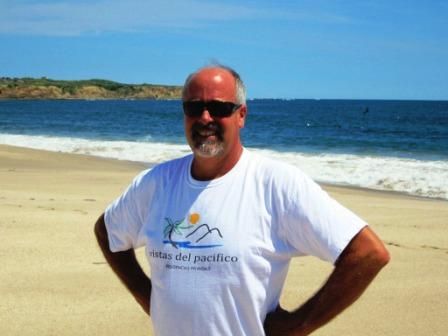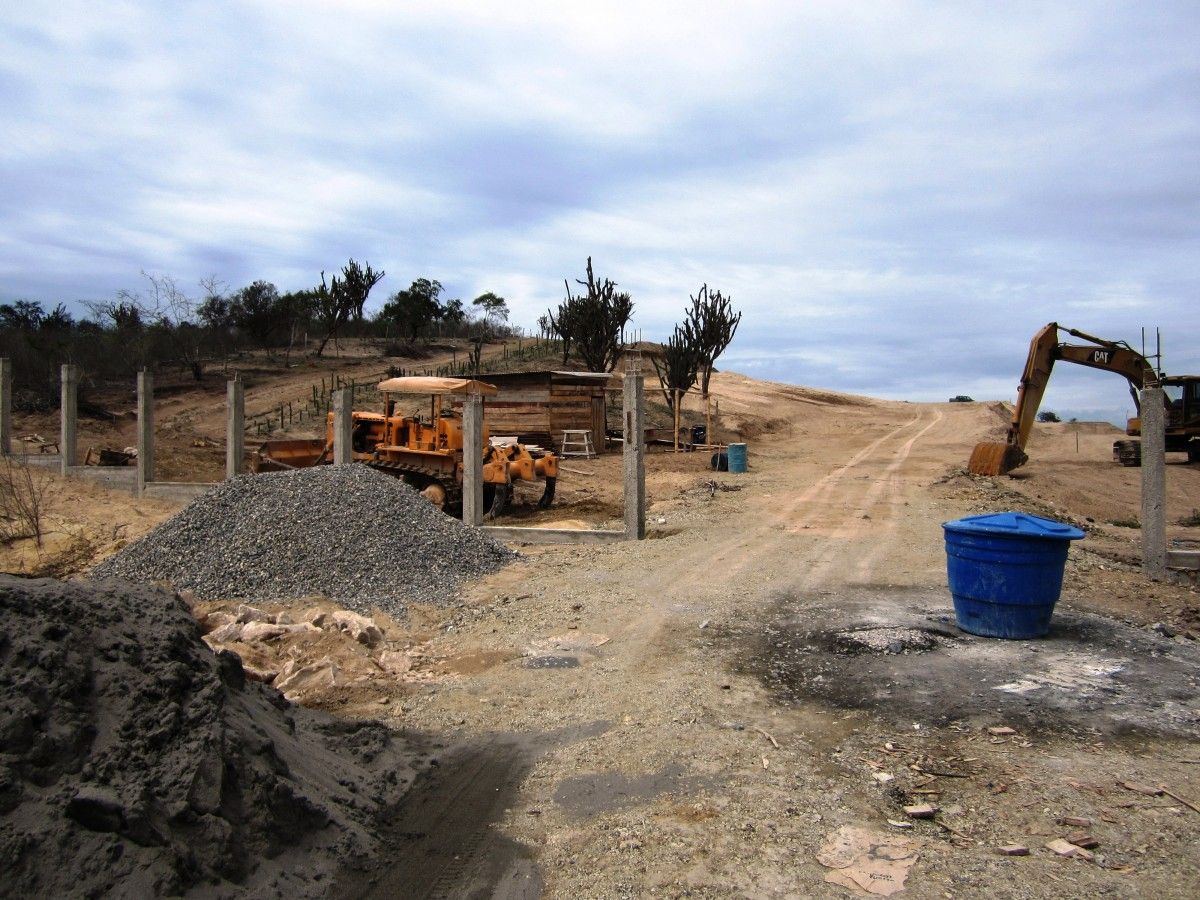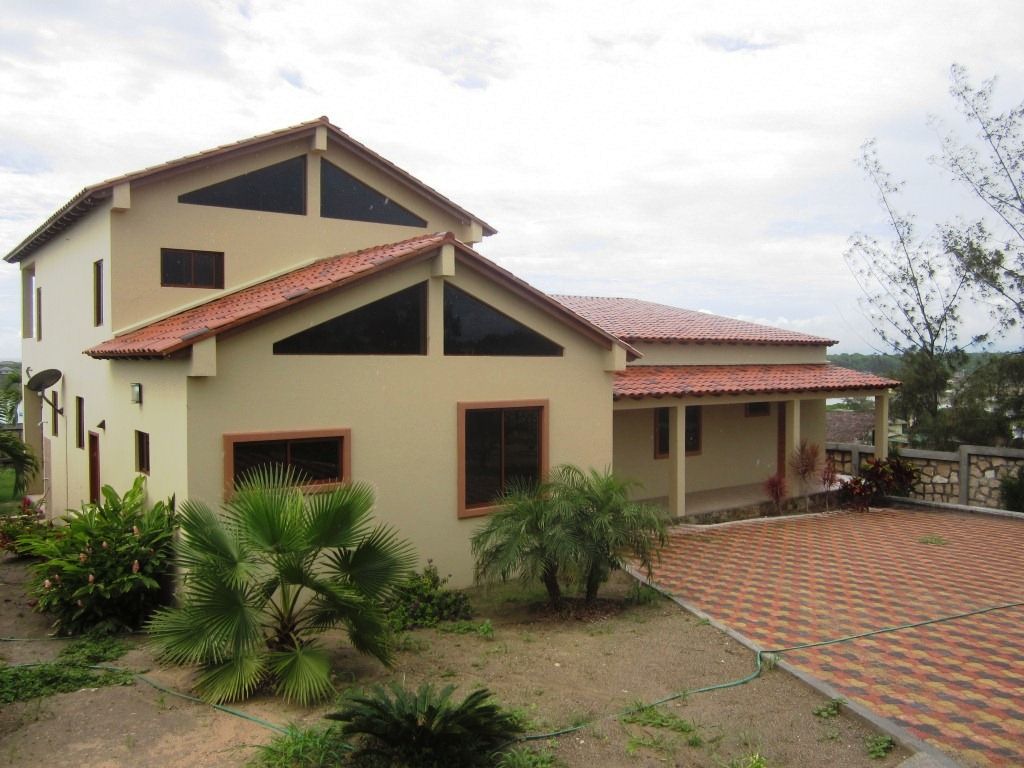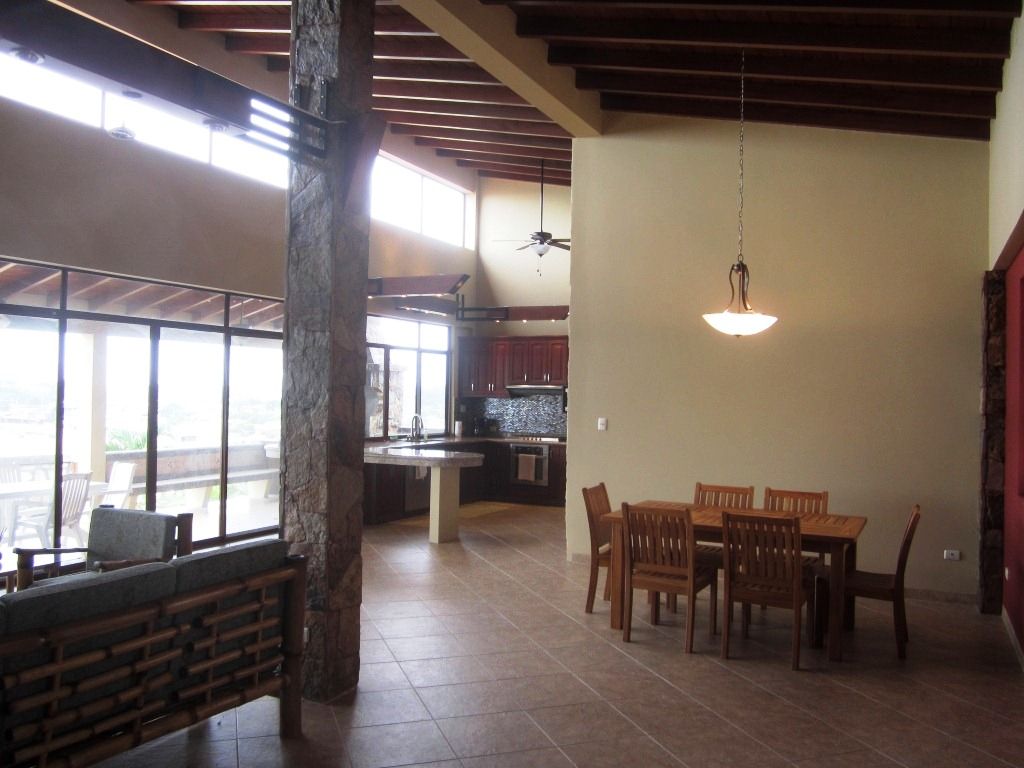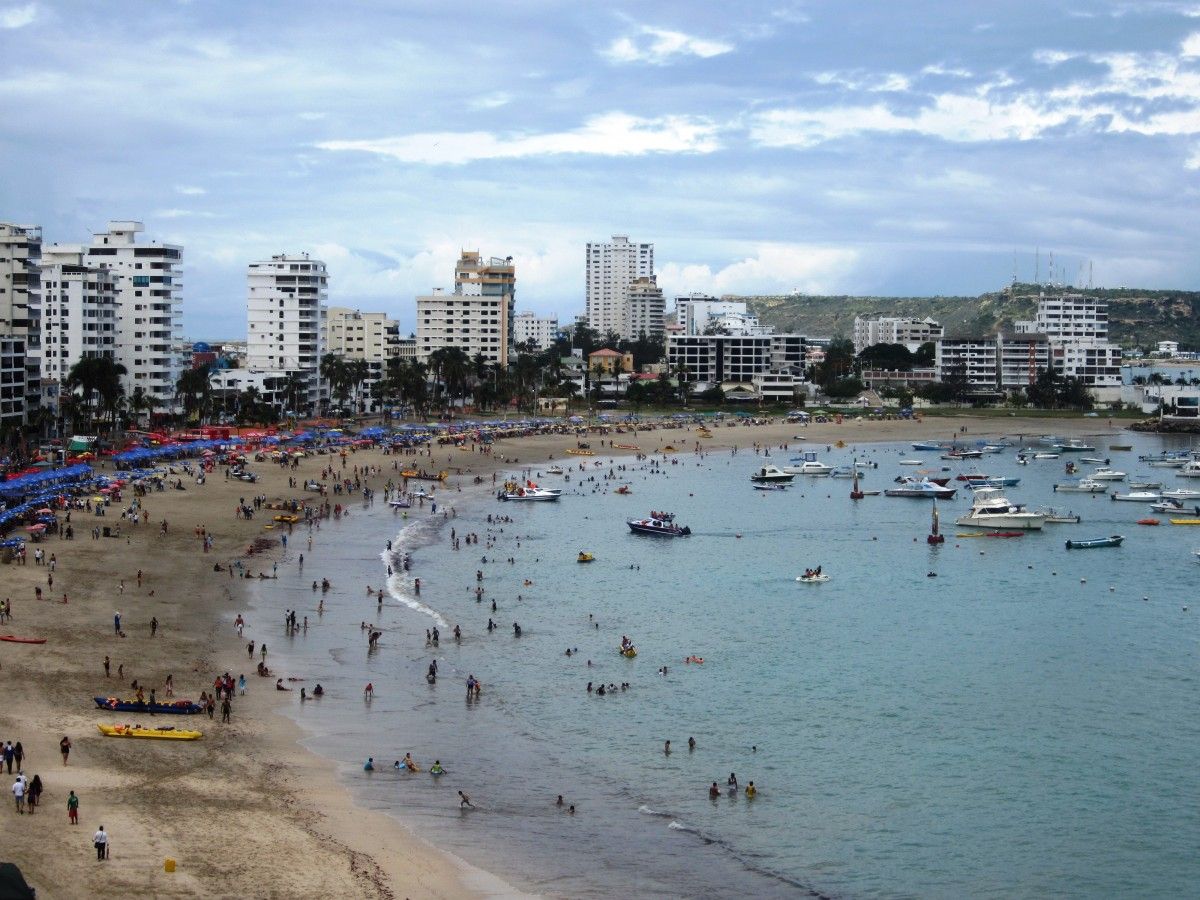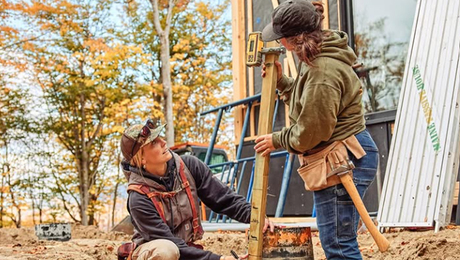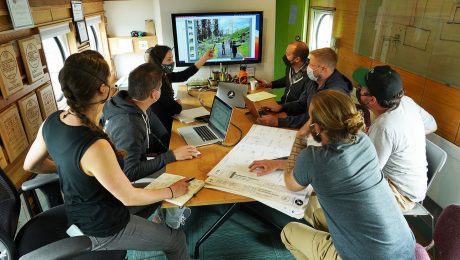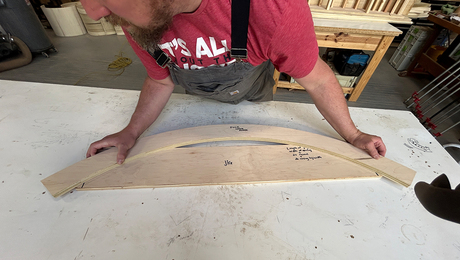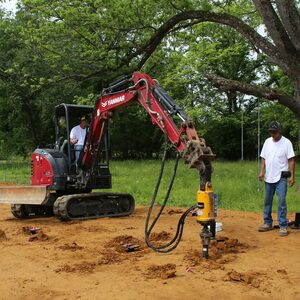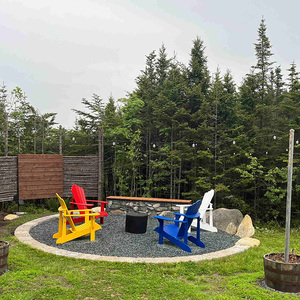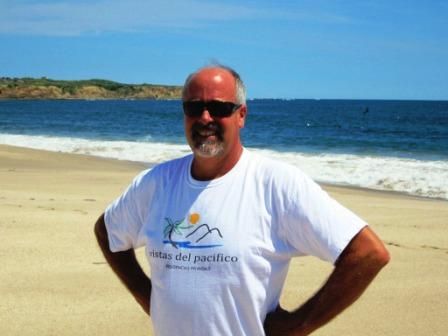
A successful Midwestern developer dodges the recession and finds growth and prosperity in Ecuador
I’ve wanted to write about Robert Hampton for a long time, but he’s been hesitant to publicize the opportunity he found in Latin America. He’s worried you’re going follow him and become a competitor. North American businesses of every type now find their best opportunities abroad, whether it’s General Motors in China or John Deere in Peru. Emerging markets are growing rapidly. Boom times abound in Asia and South America, so why not build where the weather is warm, the land is cheap, and the buyers are motivated?
Hampton started doing his homework a long time ago while on vacation. “Even during the go-go years back home, I started nosing around the Caribbean real-estate markets, sniffing for opportunity,” says Hampton. Every year when he sailed to the Caribbean with a group of his buddies, he mused, “I’d like to live here and develop beachfront property.” He planned to do just that after retirement. With profitable land developments in Nebraska and Wyoming, and other business interests, such as a ready-mix company and a retaining-wall system he invented, Stone Strong, Hampton couldn’t possibly indulge his dreams right away. Then came 2008, and courtesy of the Great Recession, Hampton’s time was quickly (and somewhat painfully) freed up-so he went back on vacation.
This time, though, it was for business. Hampton started scouting in earnest the real-estate potential of his favorite destinations–Panama, Costa Rica, Mexico–and through word of mouth and a little Internet research, he decided to visit Ecuador. As an experienced developer with a keen eye for potential, Bob was not as interested in places like Cabo San Lucas or Saint Martin, where the relocation boom was well established and prices had peaked. He was looking for an emerging market with all the right ingredients: an undiscovered place with beautiful beaches, a stable government, and a U.S. friendly real-estate investment climate that allowed for foreign ownership.
The government of Ecuador has been making a concerted effort to attract foreign investment by liberalizing its investment regulations. Equal treatment is given to local and foreign investors, so if you invest in Ecuador, you’ll receive the same rights as Ecuadorian citizens. “International Living and several other retirement travel newsletters pointed the way to Ecuador. Ecuador is the new Costa Rica,” Bob said by email. “The cost of living is cheap and the quality great.”
After visiting and spending a few weeks doing his due diligence, which included eating lobster and taking long walks on warm, sandy beaches, Bob decided on Ayangue, a quiet beach town about one hour north of Salinas. Hampton cashed in his retirement savings, bought a peninsula jutting out on the blue Pacific Ocean, and started his first South American venture, Vistas del Pacifico.
At first, Hampton’s friends were perplexed by his sudden move–until the emails came with photos of the house he was building, the beautiful setting, and something absent from every other real estate developer’s portfolio: optimism. Soon thereafter, there were results. Hampton developed the land and sold his first house, and then with the proceeds continued work. Recently having sold a second home and several lots, he’s become a recognized local real-estate developer and sales agent representing U.S. and Canadian buyers. “Half the people coming here to buy homes are wealthy and looking for a good deal on beachfront property. The other half are those looking for an affordable place to live comfortably on a pension,” he explains. Both find what they are looking for. “Oceanfront condos cost about $750 a month and you can live well on about $1,500. A Cadillac health insurance plan for retired couple costs about $100 per month.”
“You can build a house with high quality, luxury finishes for about $50 a sq. ft.,” he explains, describing Ecuadorian construction as “solid pillars and beams,” poured-in-place concrete mixed one batch at a time in a 3.5-cu.-ft. electric cement mixer. Finishes include clay roof tiles, hardwood tongue-and-groove ceilings, and hardwood cabinets with granite countertops. Ecuadorian tradesmen work five days a week for about $300 a month; skilled electricians and plumbers earn $50 an hour. It takes about a week to get a building permit, and profits at sale approach 25%. This is only half the story, though. “It’s a damn good place to work,” says Hampton. “When you wear sandals and shorts every day and look out over the ocean, it does not feel like work at all.”
Hampton built a website, Vistas del Pacifico, to advertise his development, and became an independent real-estate agent representing his and other Ecuadorian real estate to foreign buyers. More than home sites or granite, hardwood, and a veranda overlooking the ocean, however, he’s has been selling a lifestyle and an investment strategy. Recently named the second most popular relocation destination for U.S. retirees by CNN and listed as the best and most affordable country to retire by International Living magazine for three years running, Ecuador continues to have a cost of living low enough for an average U.S. Social Security retiree, while appreciation makes Ecuadorian real estate an attractive place to park dollars.
In a recent email, Bob bragged about his most recent deal: “I bought a 3-acre beachfront parcel with a home on it. I have 10 lots left and will sell the house for more than I paid for it all,” he says. Most recently, he told me had already sold the house. At this point, Bob has solicited his residency in Ecuador and put his U.S. house on the market. He’s not cutting all ties. He has family, real estate, and friends in the United States, and he returns every now and then to visit and take care of things here at home-“mostly closings, getting rid of U.S. real estate,” he says. When I asked him what’s next after Ecuador, he didn’t hesitate to reply, “Cuba.”
“That will be my last move before I retire,” he told me, and then explained the opportunity emerging as Cuba liberalizes real-estate ownership and the U.S. relaxes restrictions on American investment there. Whether such radical changes occur, Hampton will be doing what a lot more of us should, idling hours in a beach chair, looking over the ocean, musing on opportunities to come.
Fine Homebuilding Recommended Products
Fine Homebuilding receives a commission for items purchased through links on this site, including Amazon Associates and other affiliate advertising programs.

Reliable Crimp Connectors

Handy Heat Gun

8067 All-Weather Flashing Tape
